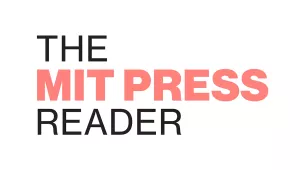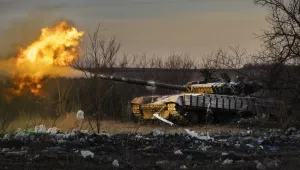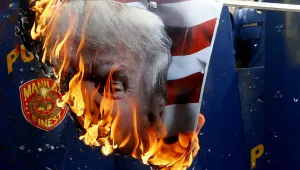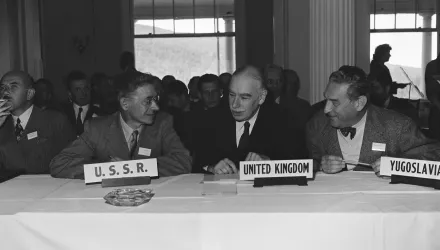
International Security

Fall 2025
|
International Security is America's leading peer-reviewed journal of security affairs.
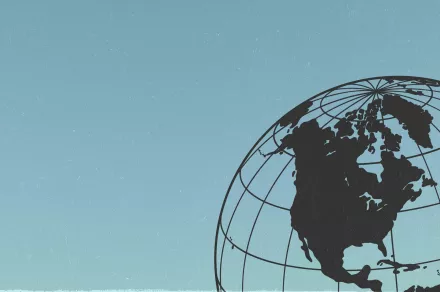
The International Security Podcast
Leading scholars provide insight on urgent policy debates
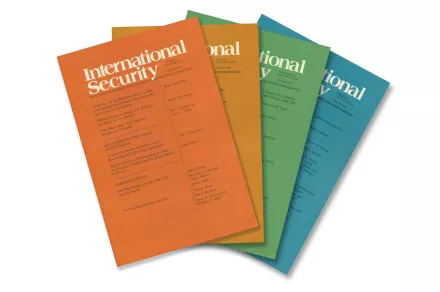
Editorial Report
Submission numbers, acceptance rate, time to decision, and other data 2013-2023
Connect with Us
All questions or comments should be directed to:
Managing Editor
International Security
is@hks.harvard.edu



